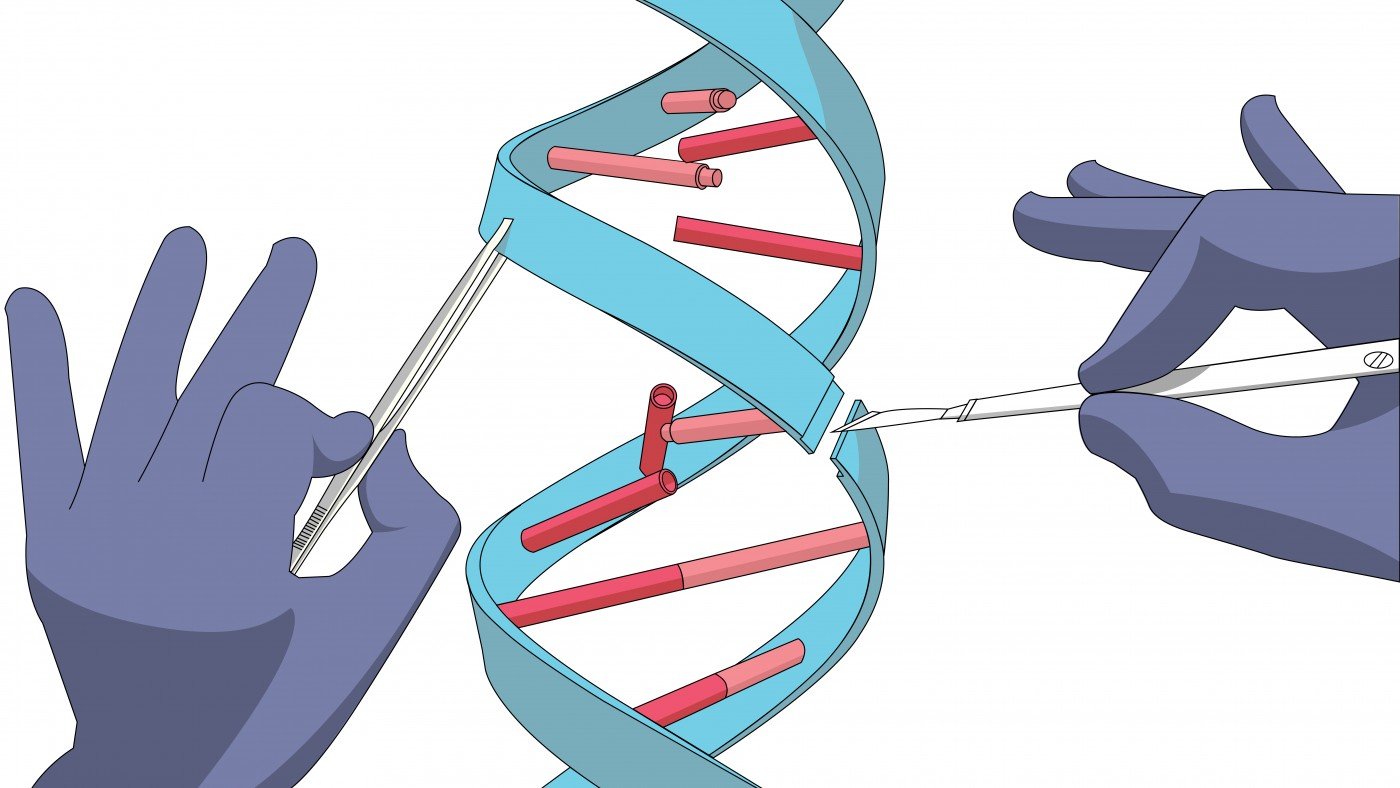Intellia Uses Gene Editing to Replace Defective Blood Component in Sickle Cell Disease
Written by |

Intellia Therapeutics has used gene editing to replace an oxygen-carrying component in blood that is defective in sickle cell disease.
The work involved editing the BCL11A gene in a mouse model of the disease to produce an effective version of the oxygen-carrying component, hemoglobin.
Intellia discussed the project at the American Society of Hematology Annual Meeting in Atlanta, Dec. 9-12. The presentation was titled “CRISPR/Cas9 Gene-Edited Hematopoietic Stem Cell Therapy for Sickle Cell Disease.”
In the 1980s, researchers discovered that sickle cell disease was milder in patients whose red blood cells had a form of hemoglobin usually found in fetuses. The BCL11A gene takes over hemoglobin production after a child is born, generating another form of the molecule. A defective form of that version causes sickle cell disease.
Intellia decided to edit the gene in mice with sickle cell disease to produce the version found in fetuses. It used a cutting-edge editing technique called CRISPR/Cas9 to make changes in the DNA that activates the gene.
The editing led to alterations in blood stem cells and progenitor CD34+ cells that give rise to red blood cells.
The changes generated a 40 percent reduction in the messenger RNA that provides the instructions for BCL11A to produce hemoglobin. This increased the number of fetus-associated hemoglobin cells in the mice’s blood by 30 to 40 percent.
Intellia’s researchers obtained similar results when they edited sickle cell disease patients’ genes in a laboratory.
When the team introduced BCL11A-edited human CD34+ cells to mice with sickle cell disease, the mice produced high levels of the type of hemoglobin found in fetuses for more than 16 weeks.
Another important finding was that the editing affected only the gene that it targeted.
“These results are significant,” Dr. John Leonard, Intellia’s executive vice president, said in a press release, “We have shown high levels of editing as well as increased production of fetal hemoglobin to clinically relevant levels, which could potentially ameliorate sickle cell disease in affected patients.
“We are very encouraged to present this progress, given that sickle cell disease is a serious condition that currently has limited treatment options,” he added.
Intellia Therapeutics is a leader in developing CRISPR/Cas9 gene editing therapies. It is collaborating with Novartis on coming up with a CRISPR/Cas9 treatment for sickle cell disease.


